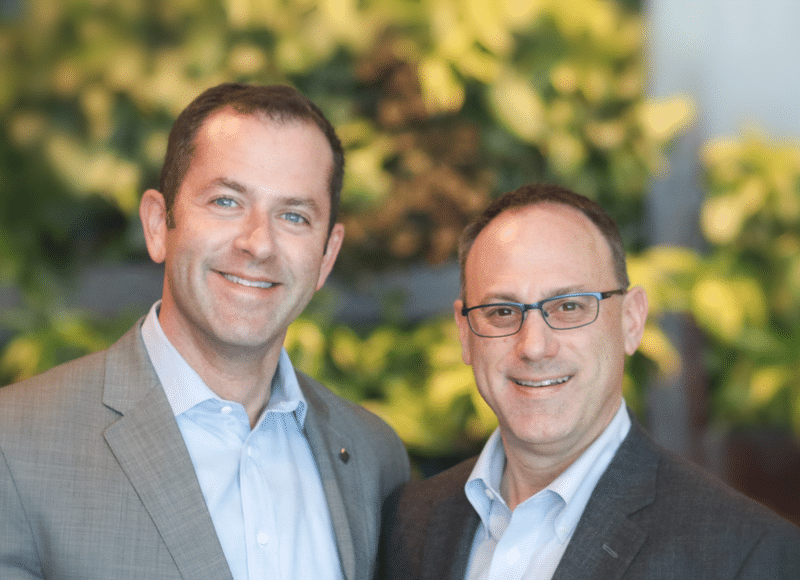Elder care advocacy is at the heart of what we do at Rothkoff Law Group. The various backgrounds, experiences, and personal stories of our staff enrich our ability to serve, and all have a commonality in the desire to pursue the delicate tangles of law and elder care advocacy. This is Bryan J. Adler, Esq., CELA’s story.
Recently, I was in my office meeting with the children of a prospective client. We had spent nearly two hours together talking about their mother’s health and concerns about planning for her care. Nearing the end of our discussion, the daughter asked pointedly: “What’s your story Bryan? How did you get here?” While this is not an unusual question, it certainly isn’t typical. So, I shared my story.
Prior to law school, I worked in a field that allowed me to develop very close relationships with my clients. Such that I was frequently an extension of their family and occasionally someone they relied on for outside advice or a sympathetic ear. When I left to attend law school, I originally had ambitions of going into litigation. A brief stint showed that, from my perspective, litigation is little more than two groups arguing back and forth, then settling for a figure that made no one happy. Unlike elder care advocacy, to me, it was little more than who could yell the loudest and throw the most money at a problem. I was unfulfilled.
Fortunately, while I was in law school, I was able to work for an estate planning law firm that gave me enough experience to open a (very) small estate planning practice out of my spare bedroom. Now, I was back working one-on-one with families, but the relationship was transactional. Documents drafted, signed, and out the door they went. Then, I’d start over with a new client. Once again, I was unfulfilled.
One afternoon, a client happened to call with a question about his mother in a nursing home and whether her house was exposed to care costs. At the time, I had no idea but resolved to find the answer. This began my discovery of elder law.
Serendipitously, I came across a job posting for an entry-level elder law attorney at a small law firm. I applied and joined shortly thereafter. It was there that I developed my foundational understanding of Medicaid, veterans’ benefits, admissions agreements, health insurance, and Medicare. But the same problem arose, the work was very much transactional and very much an “asset-first” approach to advocacy: “Save all the money, get on Medicaid.” Unfortunately, this approach abandoned those in need of elder care advocacy but not in need of Medicaid. As the years went on, there were many clients that I simply could not help, and I still didn’t feel like I was a true “advisor” to those I could. Yet again, I was unfulfilled.
This is about the time I became acquainted with my now law partner, Jerry Rothkoff. He was pioneering a unique approach—elder care law, a care-first approach to advocacy. I asked Jerry to lunch, indicating I was thinking about starting my own practice and asking if he would mentor me. Many discussions later, he suggested I join him instead; I did just that nearly ten years ago.
Now, we help the families year after year. To many of our clients, I hope, we’re more than their elder care law attorneys. I hope we’re looked at as advisors and counselors upon whom they rely on when seeking help for themselves and their families. Our work is no longer a transaction, it’s a relationship. The clients we work with, the professionals we partner with, the relationships I have had the great privilege of enjoying formed the foundation for the work I’ve always wanted to do. Finally, I am fulfilled.


